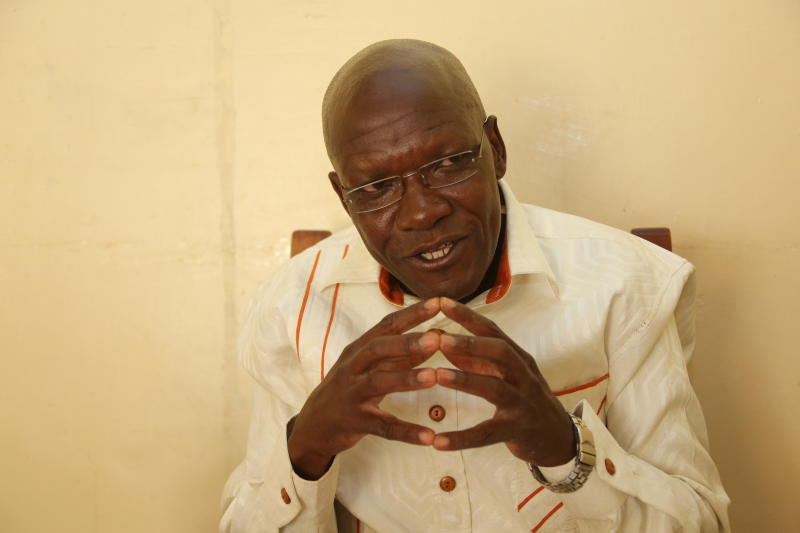×
The Standard e-Paper
Smart Minds Choose Us

The fierce competition stoked by President Uhuru Kenyatta’s succession appears to have taken a tall on major parties. The parties’ leaders have been left fighting to quell rebellions that threaten their presidential bids in the next elections.
A year into Uhuru’s final term, a strong political wave of rebellion and defiance has rocked the country’s main formations, but the party leaders have dismissed the onslaughts as being spearheaded by money-hungry politicians.